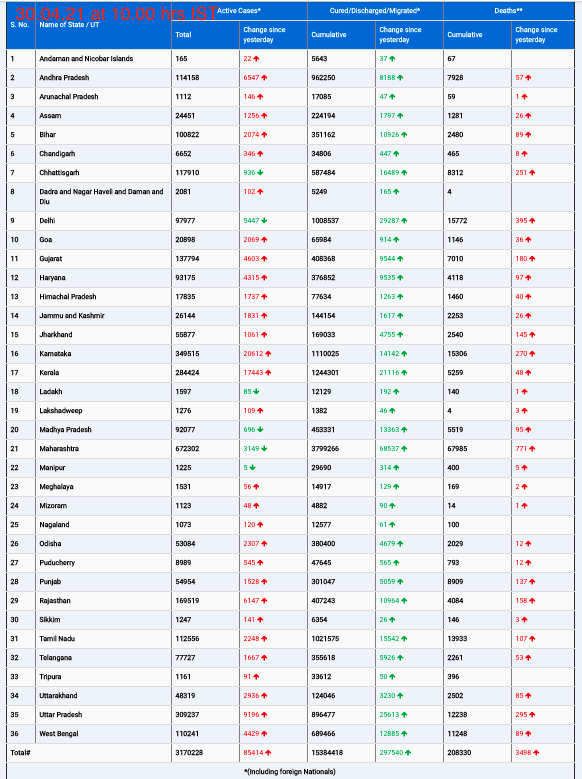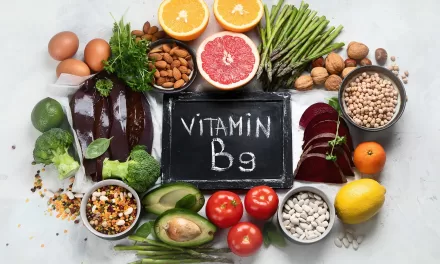New Research Reveals Low-Fat Vegan Diet Reduces Advanced Glycation End-Products (AGEs) by 73%
In a recent study published in Frontiers in Nutrition, researchers from the Physicians Committee for Responsible Medicine have found that a low-fat vegan diet significantly outperforms the Mediterranean diet in reducing advanced glycation end-products (AGEs) and achieving weight loss. The study, led by Hana Kahleova, MD, PhD, director of clinical research at the Physicians Committee for Responsible Medicine, highlights the potential of dietary changes in managing weight and reducing inflammation.
The research revealed that participants on a low-fat vegan diet experienced a 73% reduction in AGEs, a harmful inflammatory compound linked to chronic diseases like heart disease and type 2 diabetes. In contrast, the Mediterranean diet showed no significant reduction in AGEs. The reduction in AGEs on the vegan diet was associated with an average weight loss of 13 pounds, while participants on the Mediterranean diet showed no change in weight.
The significant reduction in AGEs on the vegan diet can be attributed to the exclusion of meat (41%), minimizing added fats (27%), and avoiding dairy products (14%). The study challenges the notion that the Mediterranean diet is the best option for weight loss and highlights the benefits of a low-fat vegan diet, which minimizes the intake of AGEs and supports weight management.
AGEs, which can be ingested through diet, are generally higher in animal products than in plant foods. Cooking methods involving high heat and dry conditions, such as grilling, are known to increase AGEs, particularly in animal-derived foods. High levels of AGEs in the body are linked to insulin resistance, inflammation, and oxidative stress, which can contribute to weight gain and chronic diseases.
The study was a secondary analysis of a previous research project comparing the effects of a low-fat vegan diet to a Mediterranean diet over a 16-week period. Participants were randomly assigned to either diet, with no calorie restrictions. After a four-week washout period, they switched to the opposite diet for another 16 weeks. Dietary AGEs were calculated based on self-reported intake records, with AGE scores assigned using a published database.
Dr. Kahleova emphasized the implications of the findings: “Our research shows that you can use the power of your plate to lose weight with a low-fat vegan diet that’s rich in fruits, vegetables, grains, and beans and low in AGEs. It’s a simple and delicious way to maintain a healthy weight and fight chronic disease.”
For more information on this study, refer to the journal article: Kahleova, H., et al. (2024). Dietary advanced glycation end-products and their associations with body weight on a Mediterranean diet and low-fat vegan diet: a randomized, cross-over trial. Frontiers in Nutrition. doi.org/10.3389/fnut.2024.1426642.











